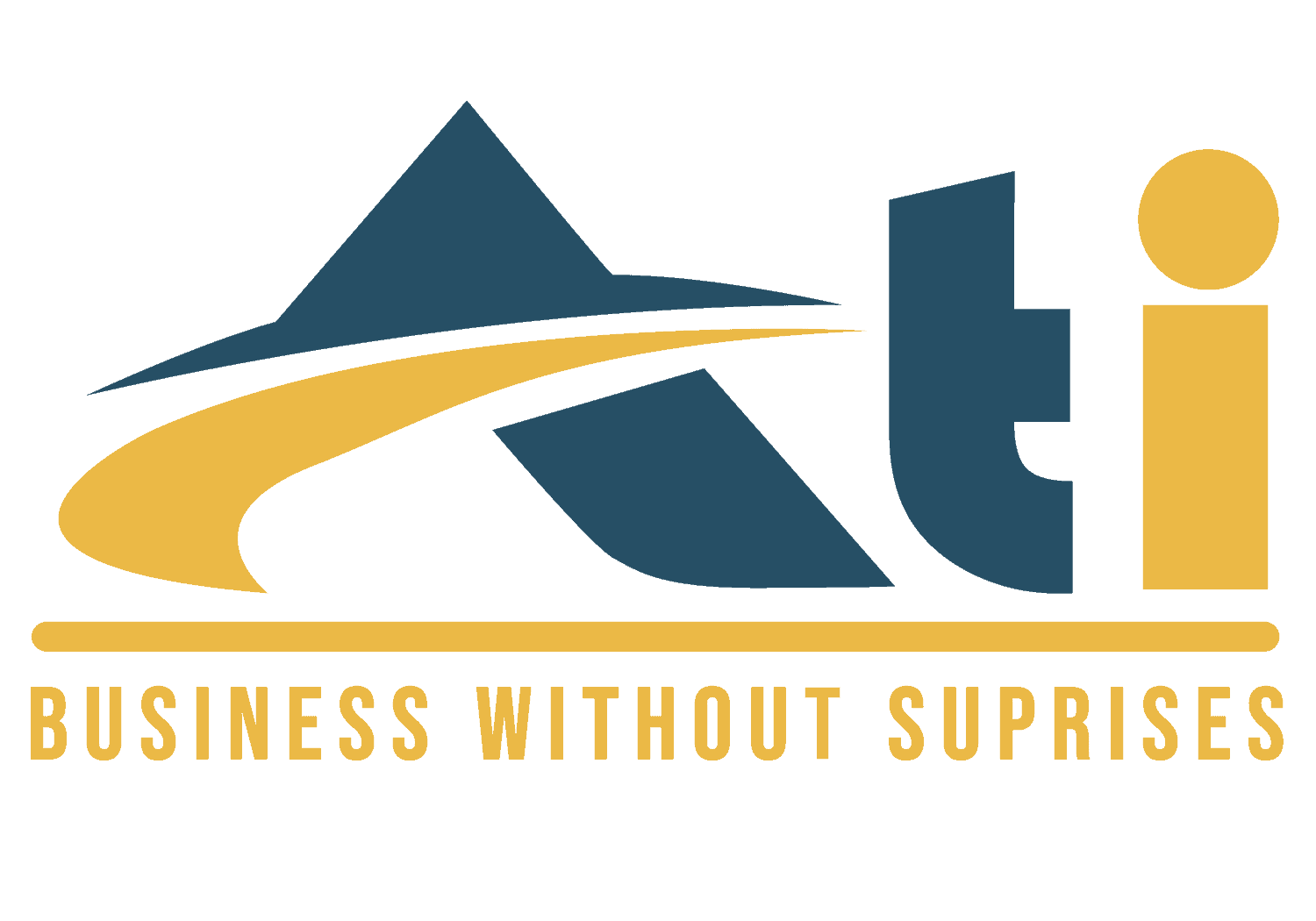Cross-border shipments of goods require customs clearance before entering or leaving a country. This process involves preparing additional documents and adhering to the regulations in Canada and the USA. While it may seem daunting, partnering with a reliable shipping company and customs broker can help avoid any unexpected delays or fees.
Navigating the customs clearance process is crucial to ensure the smooth completion of international shipments. In this guide, readers will gain a comprehensive understanding of customs clearance, the import customs clearance process, when it is required, how to avoid delays, and six tips to make the process easier.
What is Customs Clearance?
Customs clearance is the process of submitting documents to the government’s customs agency to ensure compliance with international trade laws. The customs broker compiles the necessary documentation to prove that taxes or duties have been paid, and once verified, the goods can be released for import or export. Customs officials monitor every shipment coming in and out to ensure it complies with the country’s regulations. The customs clearance process refers to the movement of goods through customs, and goods can be inspected at any time. The customs clearance documents are compiled by the designated customs broker to the shipper, and it proves that any taxes or duties have been paid. Once the documents are verified, the goods can be released for import or export.
What is the Customs Clearance Process?
When importing goods, businesses must go through the customs clearance process. Although the process may seem overwhelming, understanding the steps involved can help businesses better manage their international trade. One of the first steps in the customs clearance process is the document check.
Document Check.
Customs officials will review the documentation provided for the shipment to initiate the customs clearance process. This documentation may include a commercial invoice (CI), which notes the contact information of the shipper and consignee, the date of export, a description of the goods and their value, the buyer’s purchase order, packing list, shipping order, bill of lading (BOL), or air waybill. Additionally, a certificate of origin, such as a NAFTA or USMCA certificate of origin, may be required. Depending on the importing country, further documentation may be necessary, such as a Canadian Customs invoice for incoming shipments to Canada.
Tax and Duty Calculations.
Once the documentation has been reviewed, the customs broker will ensure that the appropriate taxes and duties are prepaid or collected, depending on the type of goods being shipped, their declared value, and the customs laws of the importing country. Customs officials are responsible for verifying and tracking whether these fees have been paid.
Pay Taxes and Duties.
If the taxes and duties applicable to the shipment have not been paid, customs officials will require payment. There are two ways to pay for these fees:
-
DDP (Delivered Duty Paid). If the shipment is marked DDP, all taxes and duties are prepaid, typically through the customs broker, who can calculate and process tax and duty payments in advance to cover customs clearance fees.
-
DDU (Delivered Duty Unpaid). Shipments marked DDU will be forwarded to an independent customs broker to charge the recipient the amount due, as well as additional costs for inspection, storage, handling, insurance, and payment.
Release of Shipment.
Once all outstanding taxes and duties have been paid and the product has cleared import customs, the goods will be released by customs and can proceed to their final destination. Some freight companies have warehouses that allow goods to continue “bonded” across the border in the warehouse until they clear customs. However, fees are often incurred for not having the correct documentation to properly clear goods through customs. While a carrier’s ability to be “bonded” can be beneficial, it should not be something a shipper relies on every time a shipment crosses the border.
When is Import Customs Clearance Required?
Customs Broker Fees: Explained
Importing goods across international borders requires customs clearance. The process can be complex and time-consuming, but it can be streamlined by working with a customs broker who can help with paperwork, taxes, and duties. The broker can also provide valuable expertise on trade agreements and regulations.
Customs brokers charge fees for their services, which are generally based on the product, value, and country of origin. These fees typically include customs clearance, inspection, and agency or bank transfer fees. Working with a broker can provide peace of mind and reduce the workload associated with navigating the import clearance process.
Customs brokers obtain the necessary documents and assist with paperwork to ensure a smooth clearance process. They also help with valuation analysis, country of origin determination, and electronic filing and reporting systems such as ACI, RLF, EDI, and ACE. Additionally, brokers are experts in trade agreements that provide preferential tariffs and rates, such as USMCA/CUSMA, and can help businesses take advantage of these opportunities.
CSA Shipping is an example of a customs broker that participates in the Customs Self-Assessment program, which allows for quick clearance of CSA-eligible shipments at the Canadian border. By choosing a customs broker that provides high-quality clearance services, businesses can focus on growing their operations while leaving the details of import clearance to experienced and capable personnel.
How to Avoid Customs Clearance Delays
Understanding Import Clearance Requirements
To avoid delays in the customs clearance process, it is important to provide complete and accurate documentation to your freight forwarding company. This will allow them to coordinate with your customs broker and submit your documentation for clearance by government officials. Experienced shipping companies and brokers can assist in ensuring that your documentation is complete and contains correct business information, inventory, and cargo value.
It is also critical to stay current on the latest import regulations and related tariff laws to avoid any potential issues. By doing so, appropriate taxes and duties can be applied, and your shipment will not be flagged by authorities.
How Long Does a Package Take After Clearing Customs?
Typically, it only takes a matter of minutes or hours for a package to clear customs. However, if there are any issues with product declaration or document compliance, it can take days or even weeks to clear customs. To speed up the customs clearance process, it is important for your freight forwarder to be transparent and provide you with all necessary information regarding your shipment.
In summary, to avoid customs clearance delays, it is crucial to provide complete and accurate documentation to your freight forwarding company and stay current on import regulations. By doing so, you can ensure a smooth and timely customs clearance process for your shipment.
6 Tips to Make the Customs Clearance Process Easier
Importing and exporting goods can be a complex and time-consuming process, especially when it comes to customs clearance. However, following these six tips can help simplify the process and avoid costly delays.
Hire an Experienced Freight Forwarder or Carrier
One of the best ways to ensure a smooth customs clearance process is to hire an experienced freight forwarder or carrier. These professionals have the knowledge and expertise to handle all aspects of shipping and customs clearance procedures. They can help you navigate the complex regulations and paperwork involved in international trade, saving you time and reducing the risk of costly mistakes.
Make Sure Your Paperwork is Complete and Accurate
Incomplete or inaccurate paperwork can cause significant delays and additional costs. To avoid this, it is essential to ensure that all documentation is complete and accurate. One way to do this is to have your freight forwarder or carrier review your paperwork before submission. This step can help catch any errors or omissions and ensure that your shipment clears customs smoothly.
Understand Customs Clearance Procedures in Each Country
It is essential to understand the customs clearance procedures in each country your shipment passes through. This knowledge can help you choose the best shipping method and avoid unnecessary delays. For example, if you choose to ship by air, your merchandise will only pass through the destination country’s customs, saving you time and reducing the risk of delays.
Stay Up-to-Date with International Trade Laws and Regulations
International trade laws and regulations are constantly changing, making it essential to stay up-to-date with the latest developments. This knowledge can help you avoid compliance issues and ensure that your shipments clear customs smoothly. You can stay informed by following industry news, attending trade shows, and working with experienced professionals in the field.
Properly Pack Your Shipments
Properly packing your shipments can help ensure that they clear customs quickly and safely. This step can help reduce the risk of damage during transit and make it easier for customs agents to inspect your shipment. Proper packaging can also help prevent delays and reduce the risk of additional costs.
Attach Documents to Your Shipment in an Easily Accessible Way
Attaching your documents to your shipment in an easily accessible way can help speed up the customs clearance process. This step can help customs agents quickly locate and review your paperwork, reducing the risk of delays and additional costs.
In summary, following these six tips can help make the customs clearance process easier and more manageable. By working with experienced professionals, ensuring accurate paperwork, understanding customs clearance procedures, staying up-to-date with regulations, properly packing your shipments, and attaching documents in an easily accessible way, you can avoid costly delays and ensure that your shipments clear customs smoothly.

